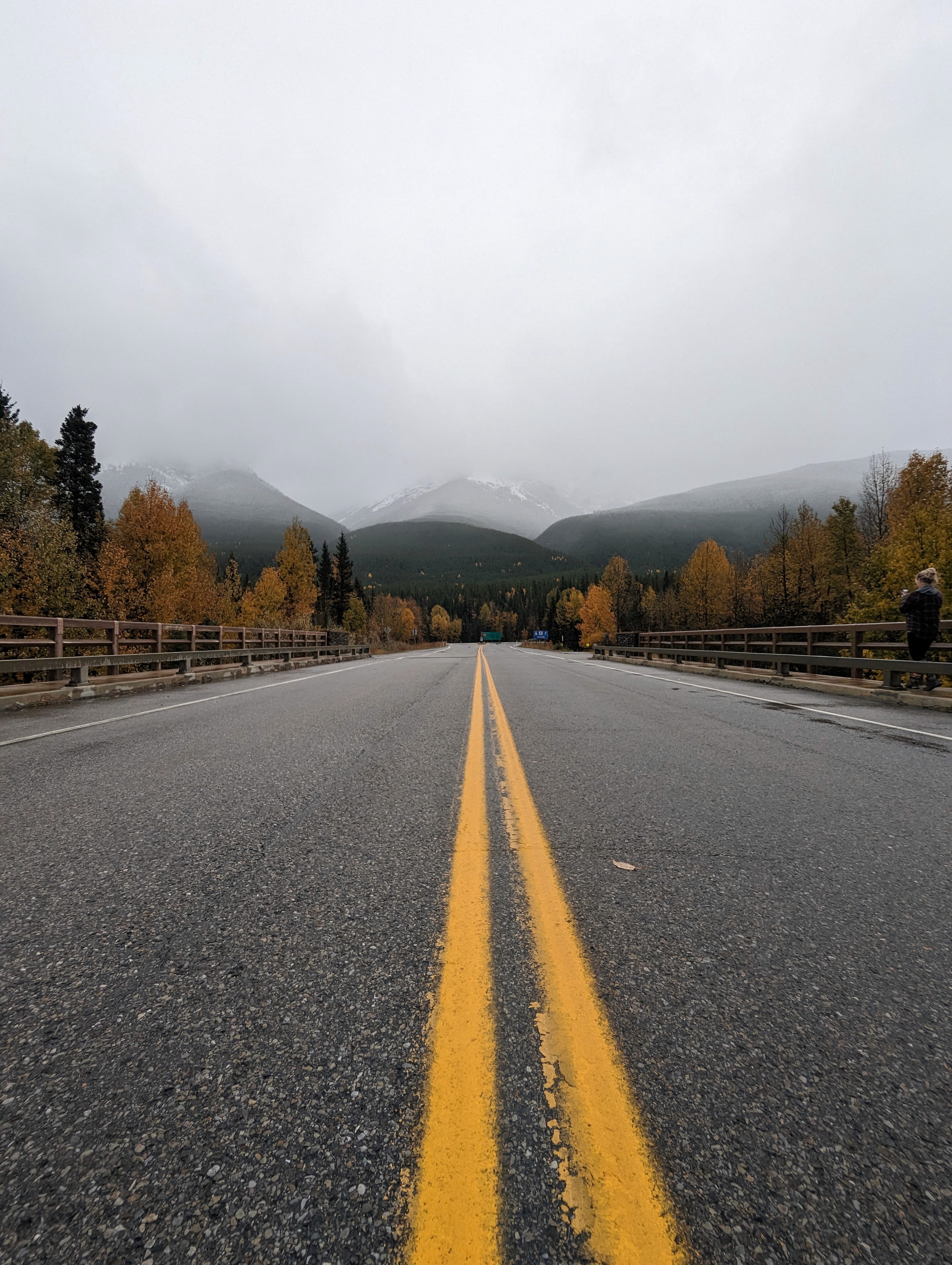Perspective is magic.
Oct 30, 2023
Foreword: This is a discussion around the death of a parent, and the lessons therein.
When my dad passed, there were the expected feelings to process of grief & loss. Then the unexpected took center stage—anger, fear & confusion. Your brain tries to empathize, as you read these words, by leveraging your relationships & experience—your perspective applied to my words.
The problem lies in complexity.
Relationships are nuanced things. Rage, blame, ego & silence formed the intricate, unsolvable puzzle that sums up my relationship with my dad. As I grew away from my family and built my own life, I tossed this puzzle away—it no longer needed solving, I thought.
Then I had a son of my own. I gained an overwhelming fear of becoming my dad, coupled with the guilt of painting him as the antithesis to being a Good Parent™.
Solving the puzzle became my new top priority.
You see, anger ruled my dad, guiding him to instill fear in me. I’m sure there were good times sprinkled in, maybe even some laughter, but I have little memory of it. It’s all tinted red by the lens of anger, manipulation & ego.
How can I dodge this type of relationship with my own son?
Our past shapes us.
My dad shared nothing from his upbringing, so I’ve had to piece together his past through half-truths and vague stories. It can only be summarized as traumatic, and left him ill-prepared to be the father of four boys.
Understanding this helped me appreciate the nature of our relationship. It answered the hardest question of all: why? Why would a parent do this?
My best guess: his methods were a watered-down version of what he himself received. He did considerable damage to us, no point tiptoeing around it—but appreciating that this was still better than what he knew?
Hard not to change your perspective.
I’ve lost my cool with my son, as any parent of a toddler can understand. They’re learning how to push boundaries, like a cat pushing a glass of water off the end of a table. We use this wisdom to take a deep breath, and move forward. If we didn’t handle our emotions properly, we pause and address this with him (even though he understands <10% of our words).
My childhood was large swaths of being yelled at or given utter silence. I didn’t get apologies, nobody was ever wrong. No such thing as admitting fault—we must protect the ego at all costs. Admitting fault is showing weakness, and god forbid we do that.
I’m still guilty of dishing out silence (sorry, love)—it takes time to unravel, but the difference lies in communication.
Intentions don’t matter without communication.
I heard from others that my dad regretted how he handled things, but when prodded, he’d adamantly deny it. This left me wondering which path is true, and which was the real him.
I want my son to know me better than anyone—I imagine my dad wanted this, but didn’t know how to achieve it. Didn’t understand how the puzzle pieces fit together.
I imagine his frustration when something would go wrong, and his temper would overcome him. He’d see the fear in his families eyes, yet was incapable of figuring out how to undo it. He was filling out his preprogrammed role, and didn’t know how to deviate.
All of this was solvable with insight & communication—we know the power of sincerity, of reflection, of gratitude. So much can be gained by saying the simple words, I’m sorry.
This year has helped me accept that the past may be immutable, but our perception is not. We get to decide what we do with it.
Our past matters less than how we view it.
I often blamed things on my past—sometimes even on my dad directly. I handled this poorly, but it’s not my fault, he raised me this way.
There’s no denying the mark our past leaves on us.
What we can change is what comes next. I do not need to carry on the methods of my childhood to another generation.
If I could go back to my younger self, I would tell him:
Start journaling. No tool will benefit you more than writing your thoughts onto paper.
Practice being mindful. Mindfulness is like making an air-gap between an action and your reaction. Witnessing the anger, figuring out why it came, and watching it drift away.
Forgive & accept. We are surrounded by too much ego, too many burnt relationships, too many families that don’t talk. Life’s too short for this.
Be present. Each moment can be a last. The last time you get to hear someone’s voice. The last hug you’ll get from them. There will be a last time your son asks you to pick him up. Appreciate the beauty of being present.
Perspective is everything.
I could never dream of viewing my past through the lens I do today… yet I know it will undoubtedly change again in the future. We’re always so sure we have the right answers. Then something sparks us, and suddenly… behold our new truth!
It takes work to step away from this default path.
It starts with practicing patience and humility. To appreciate that we don’t know it all. To be mindful & present. To be curious in learning the perspectives of others. To always strive to be better lovers, parents, friends and peers.
Journey before destination.
